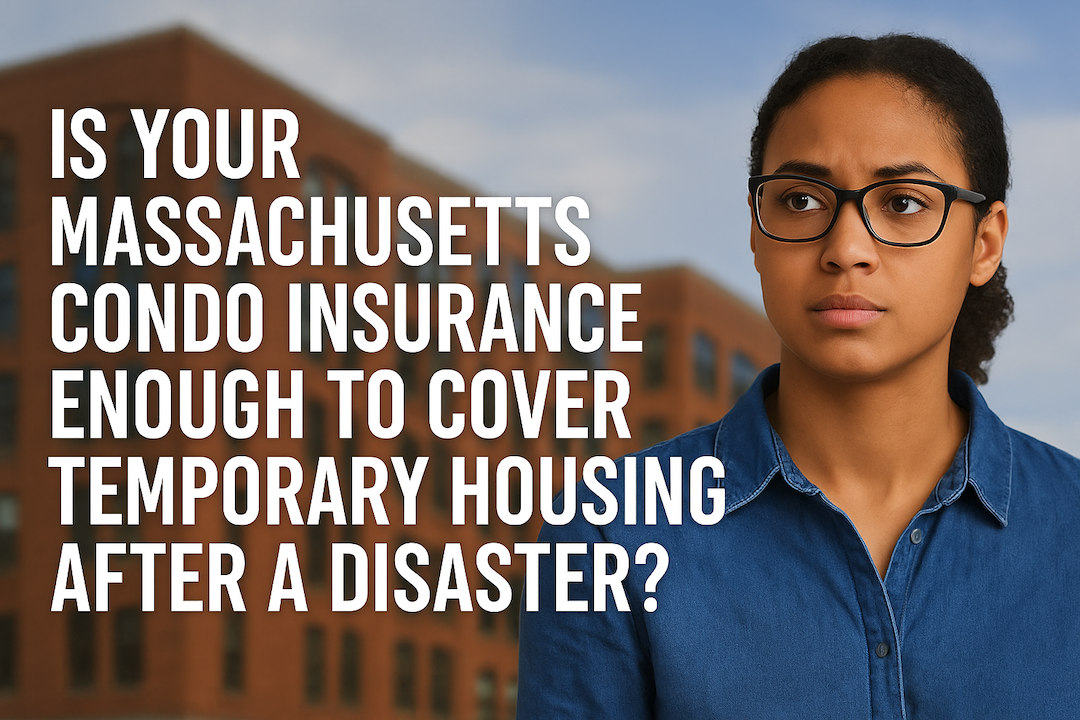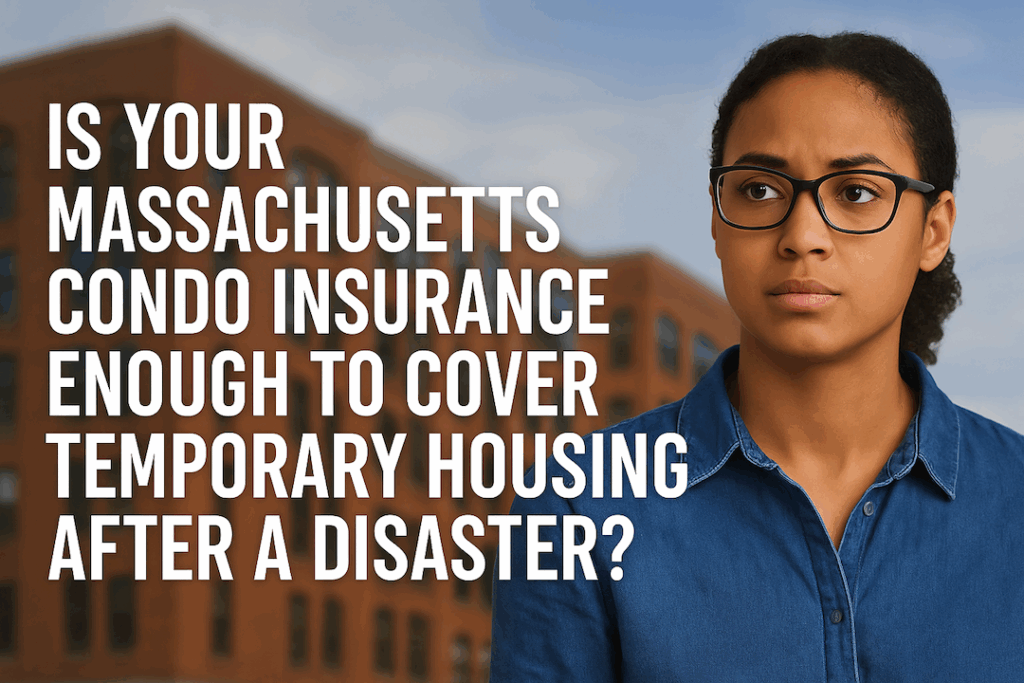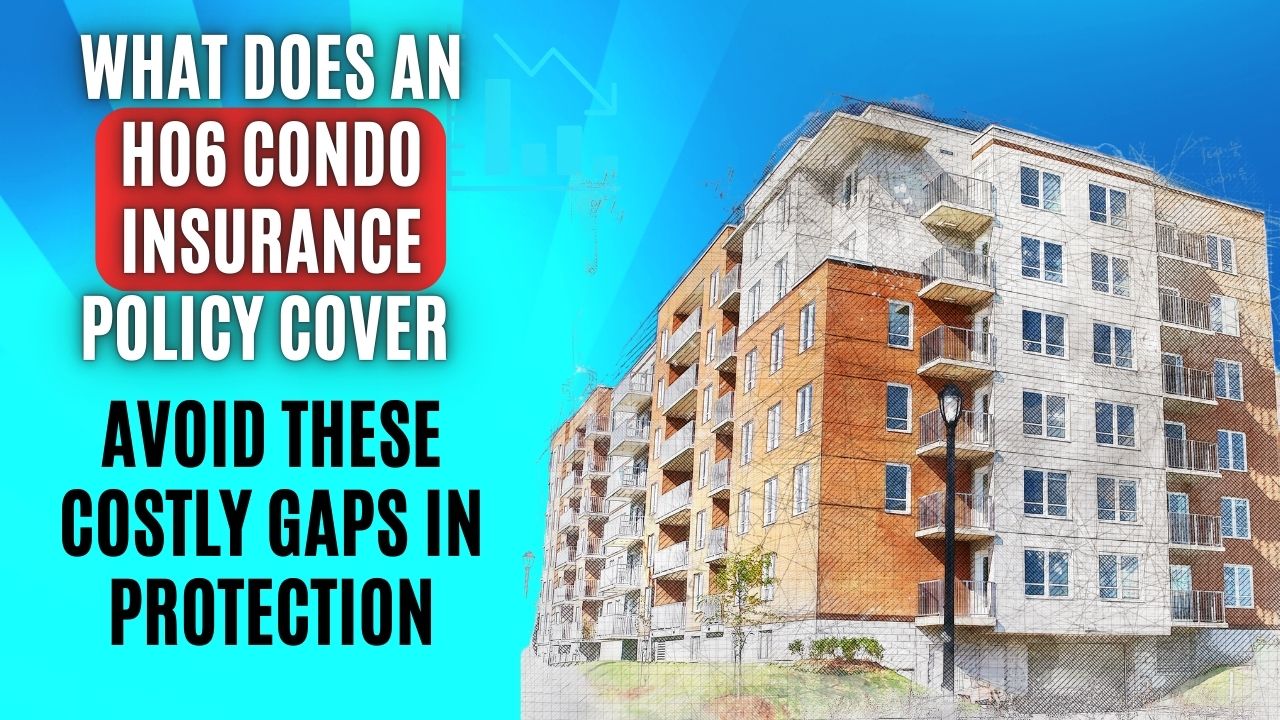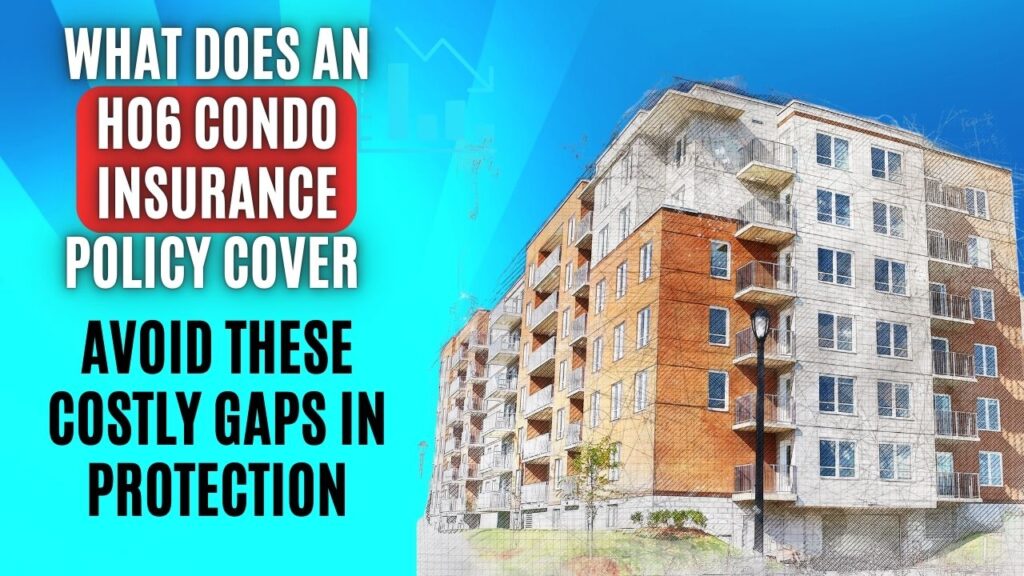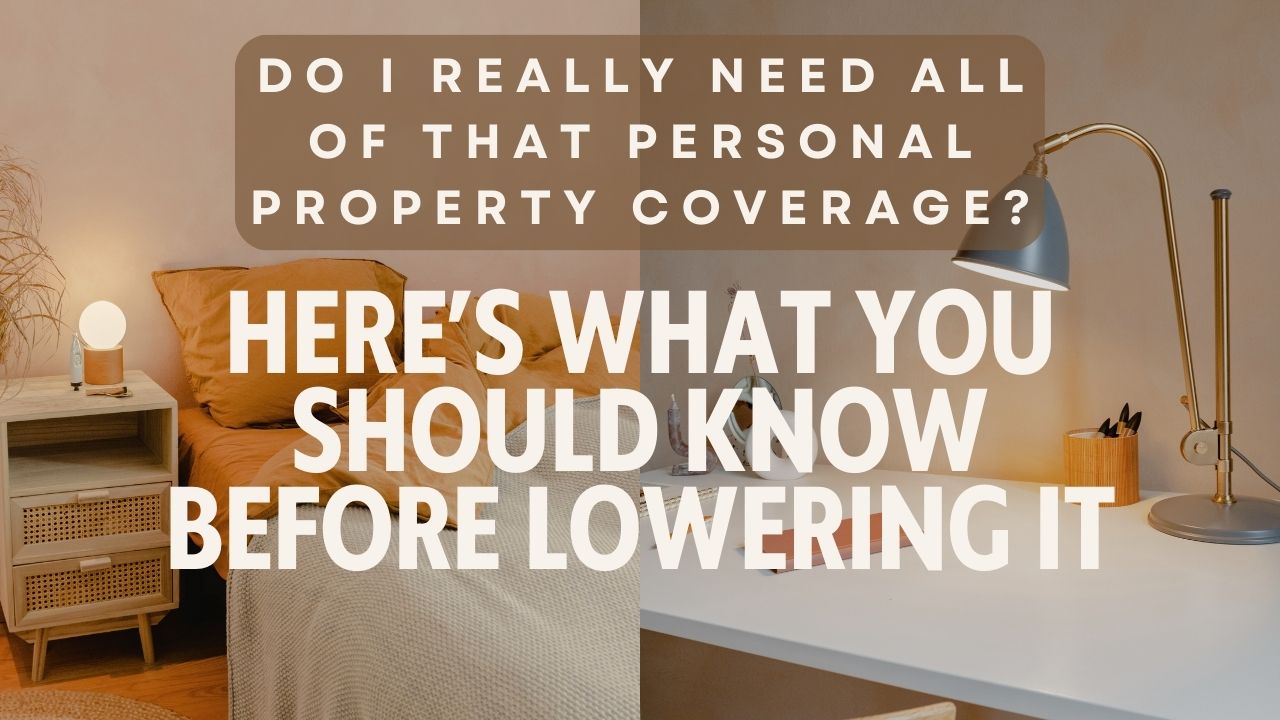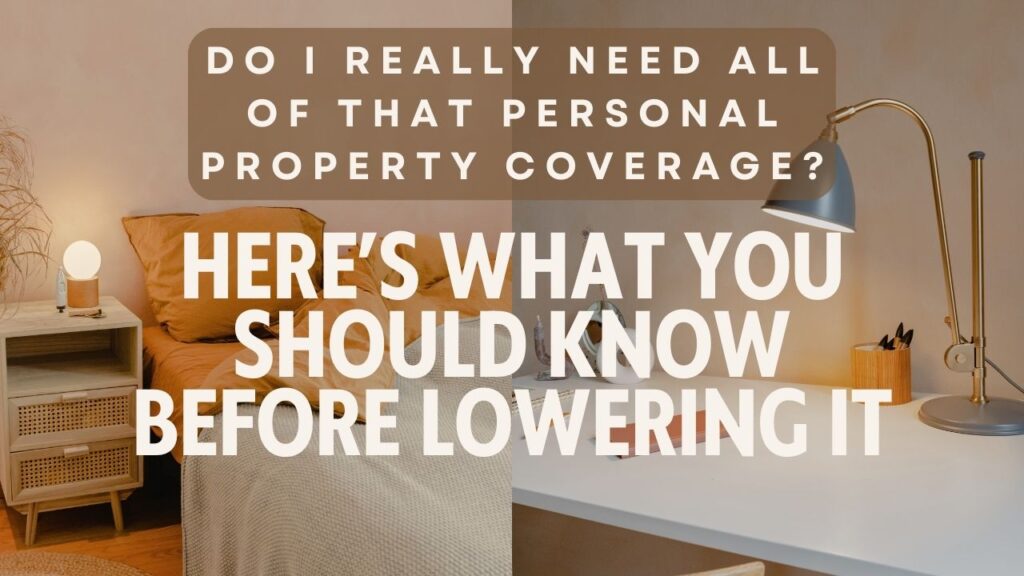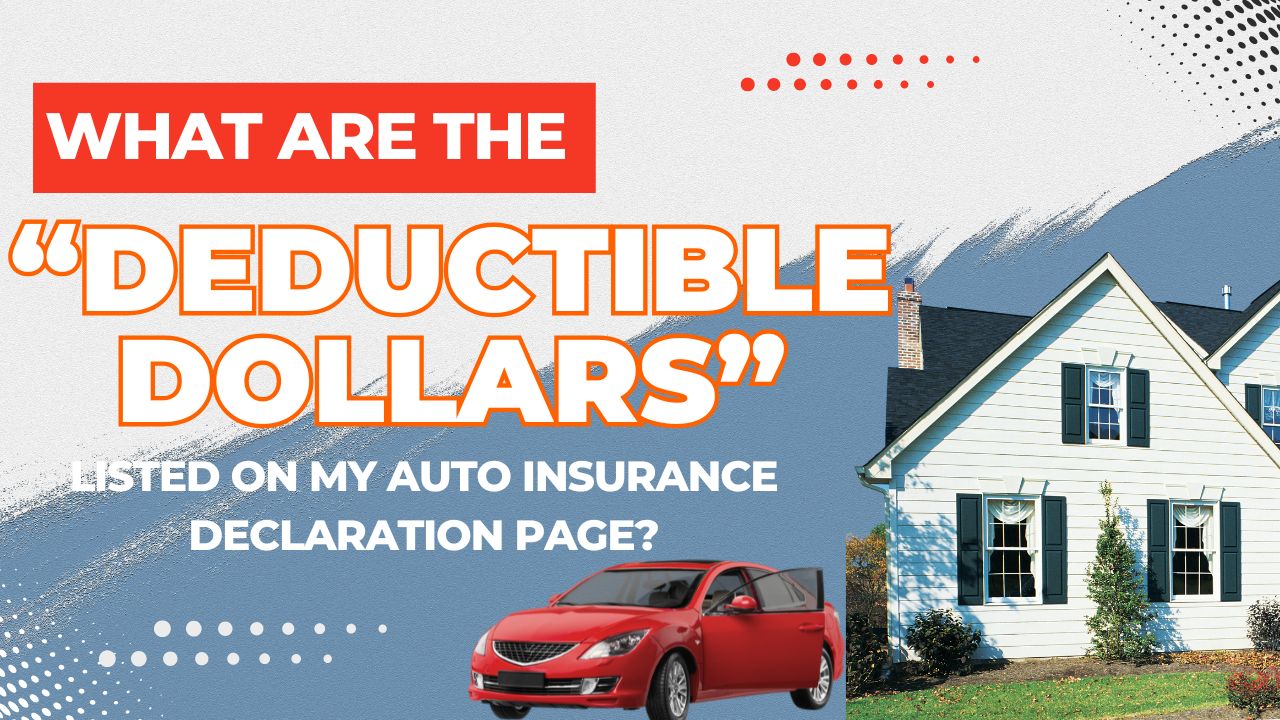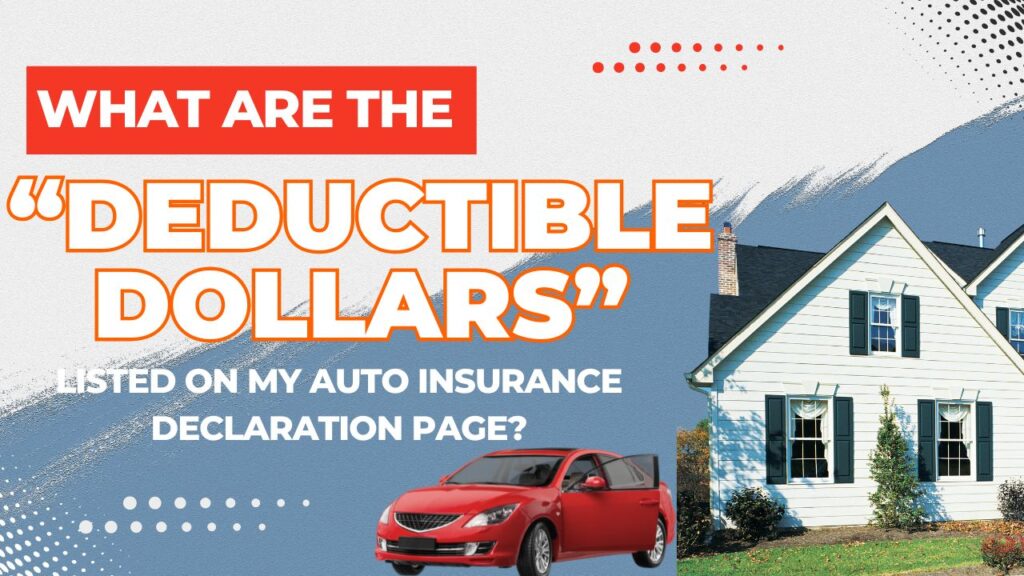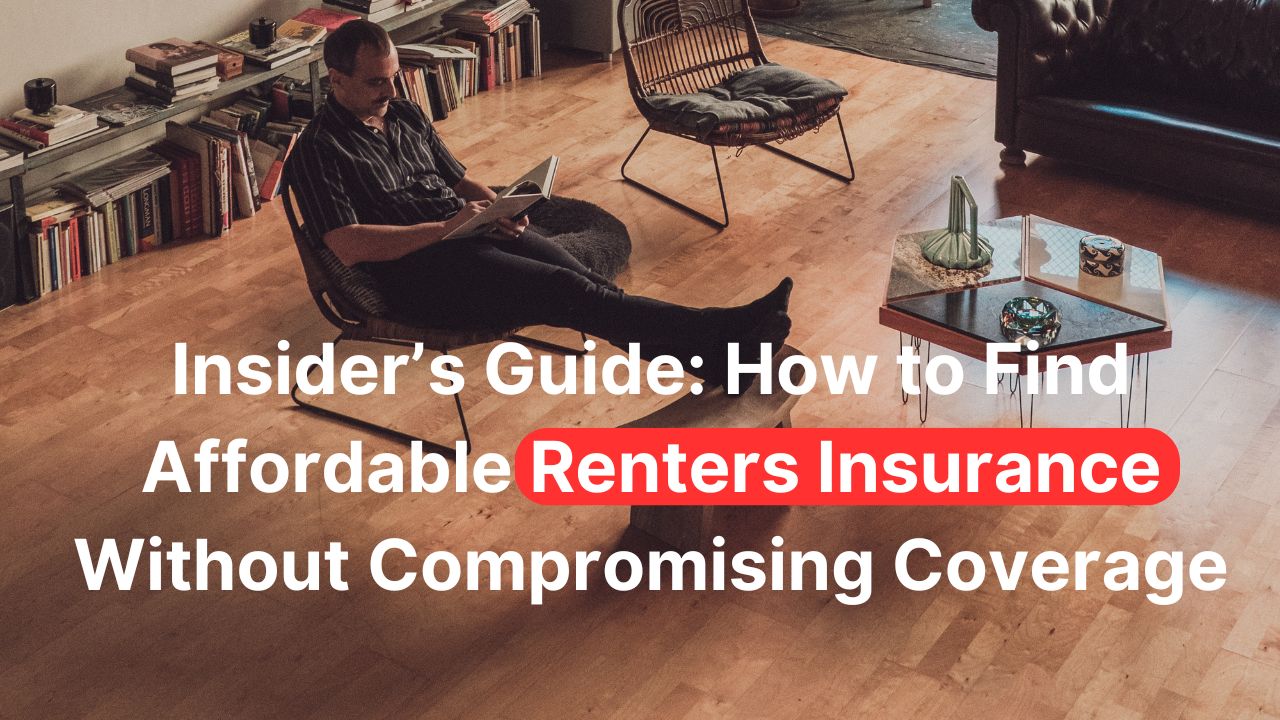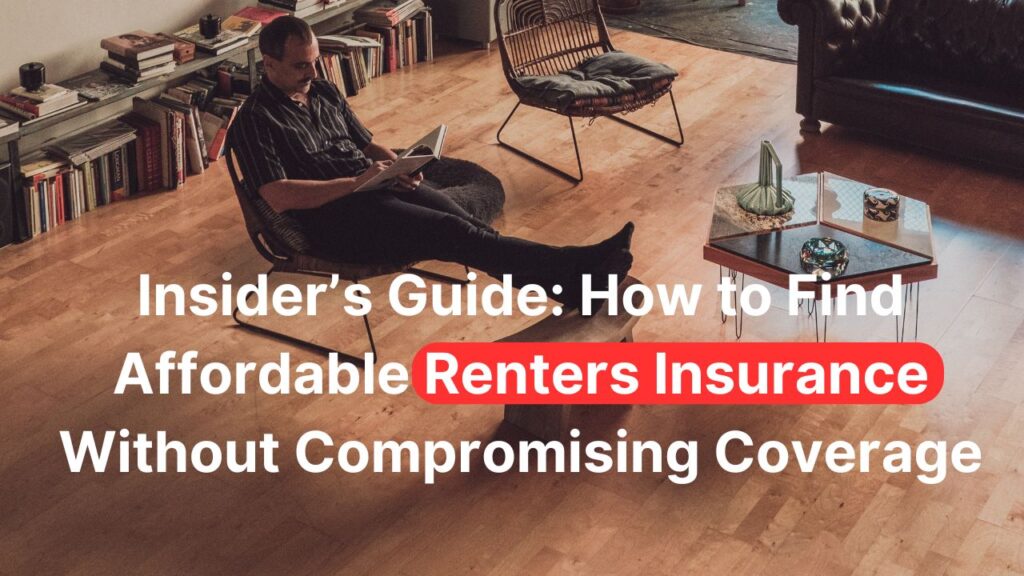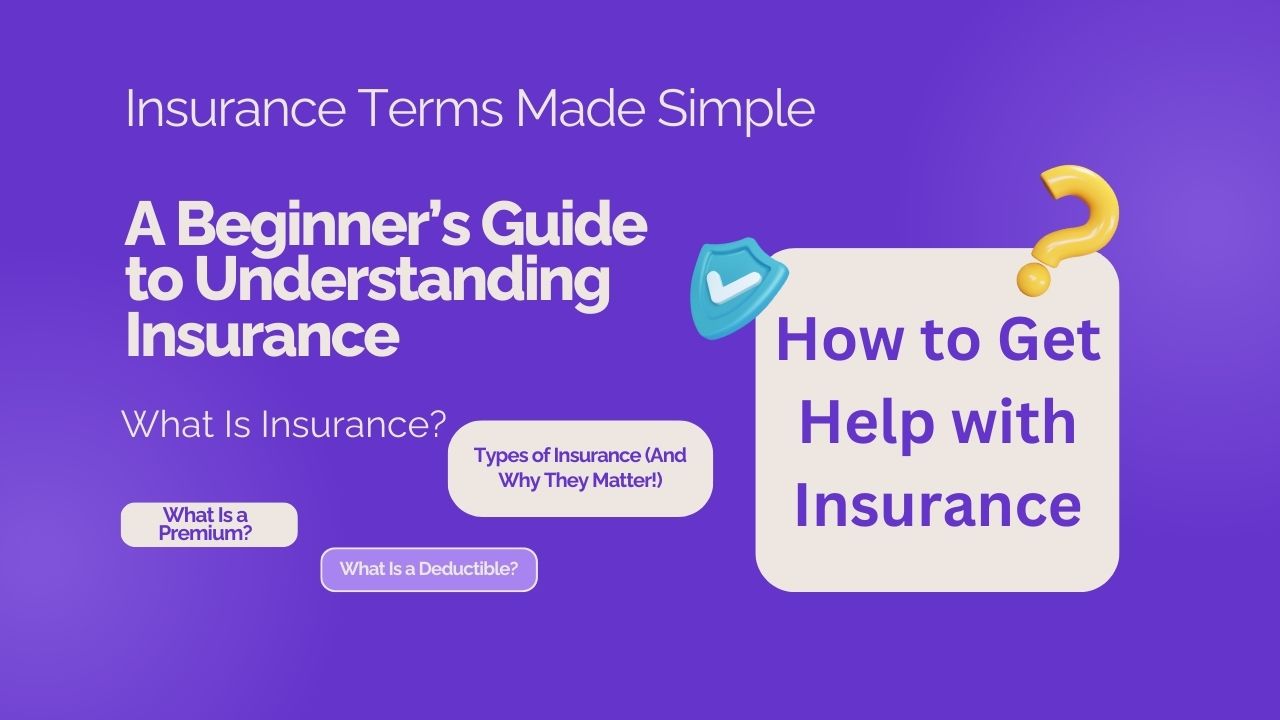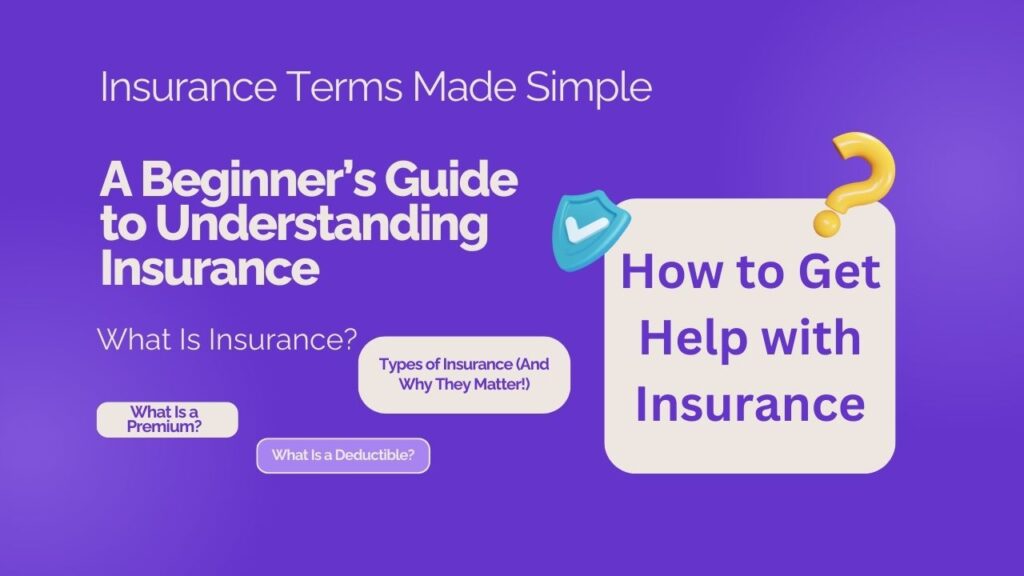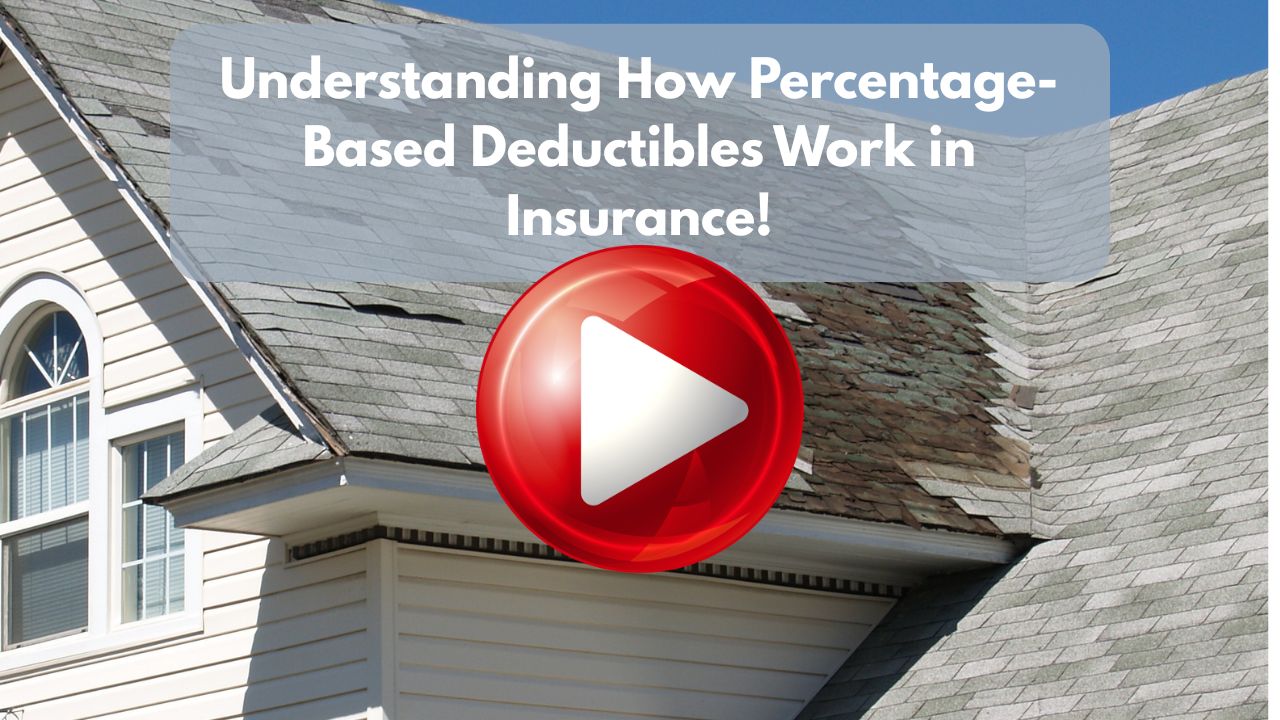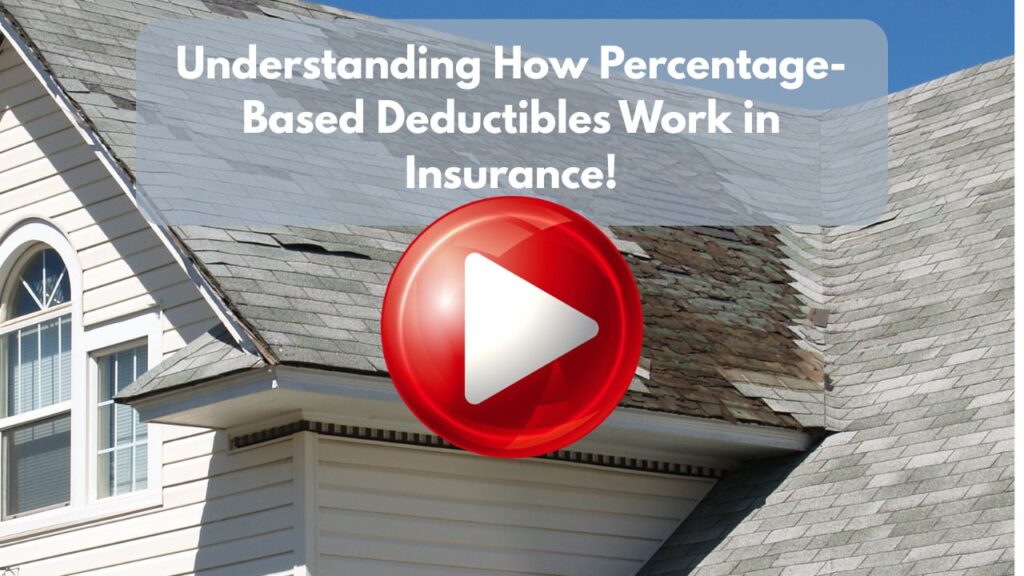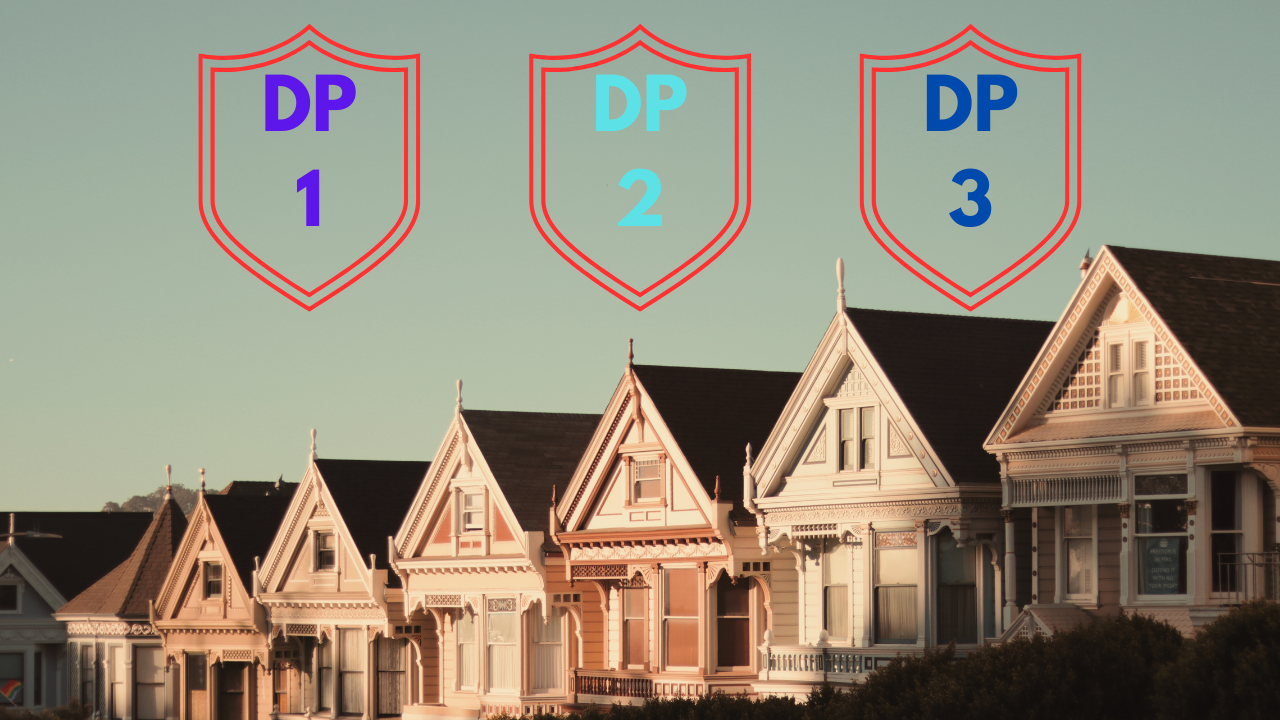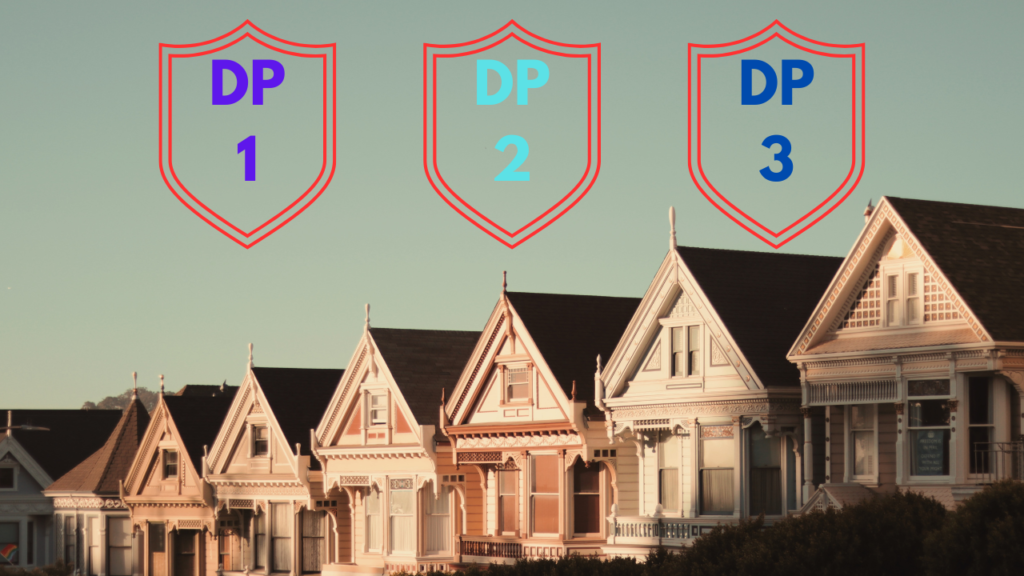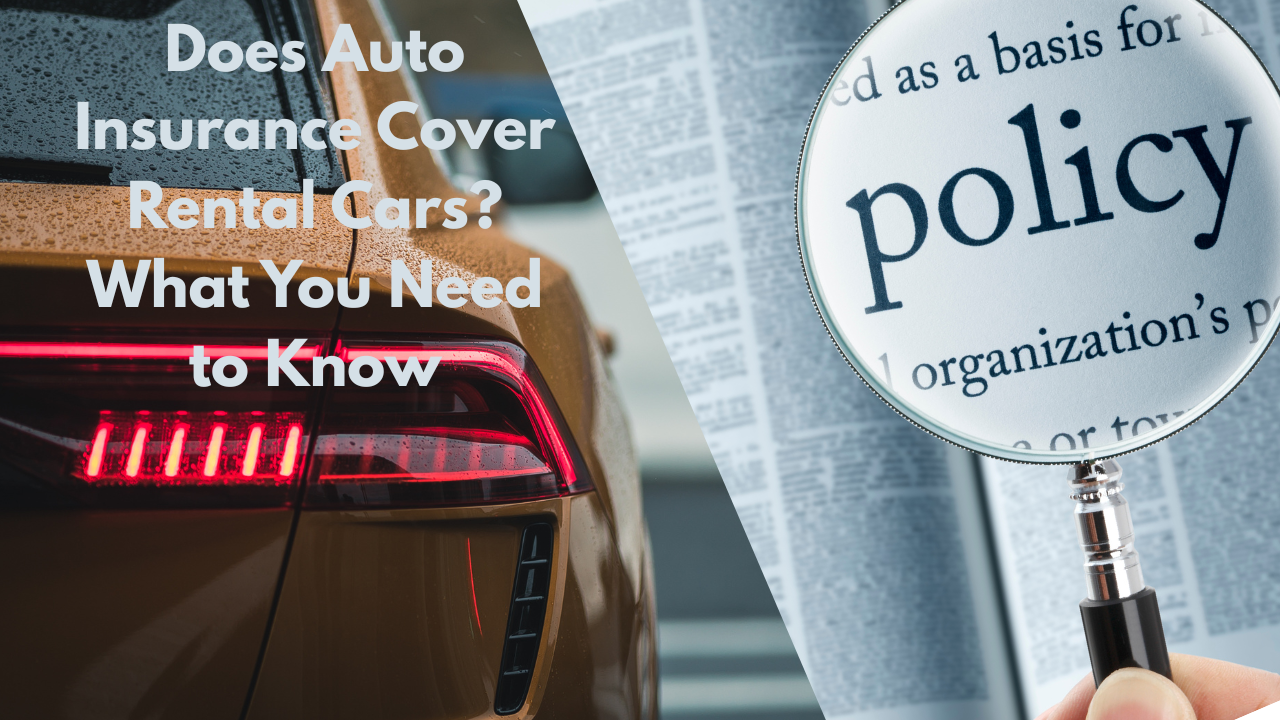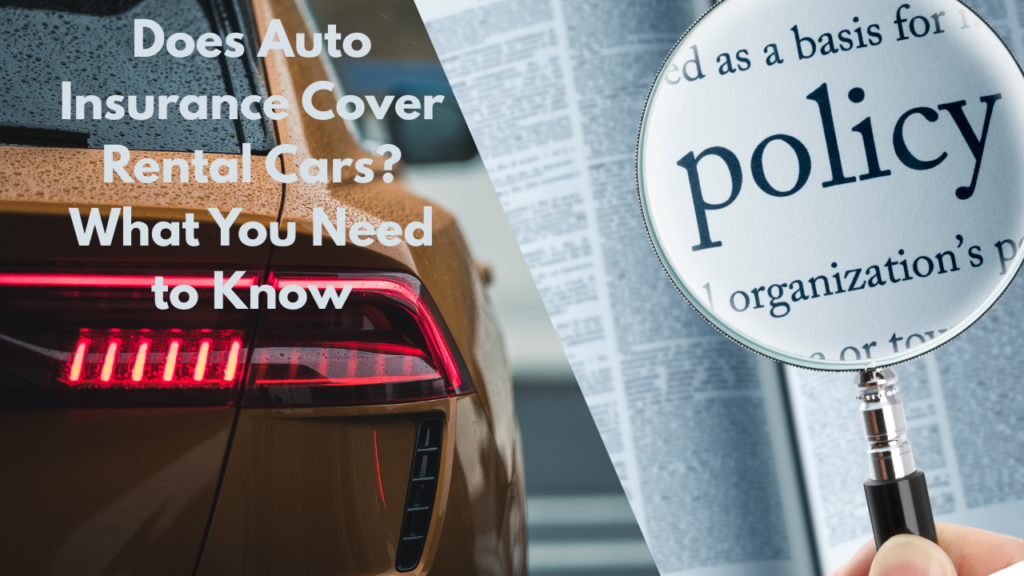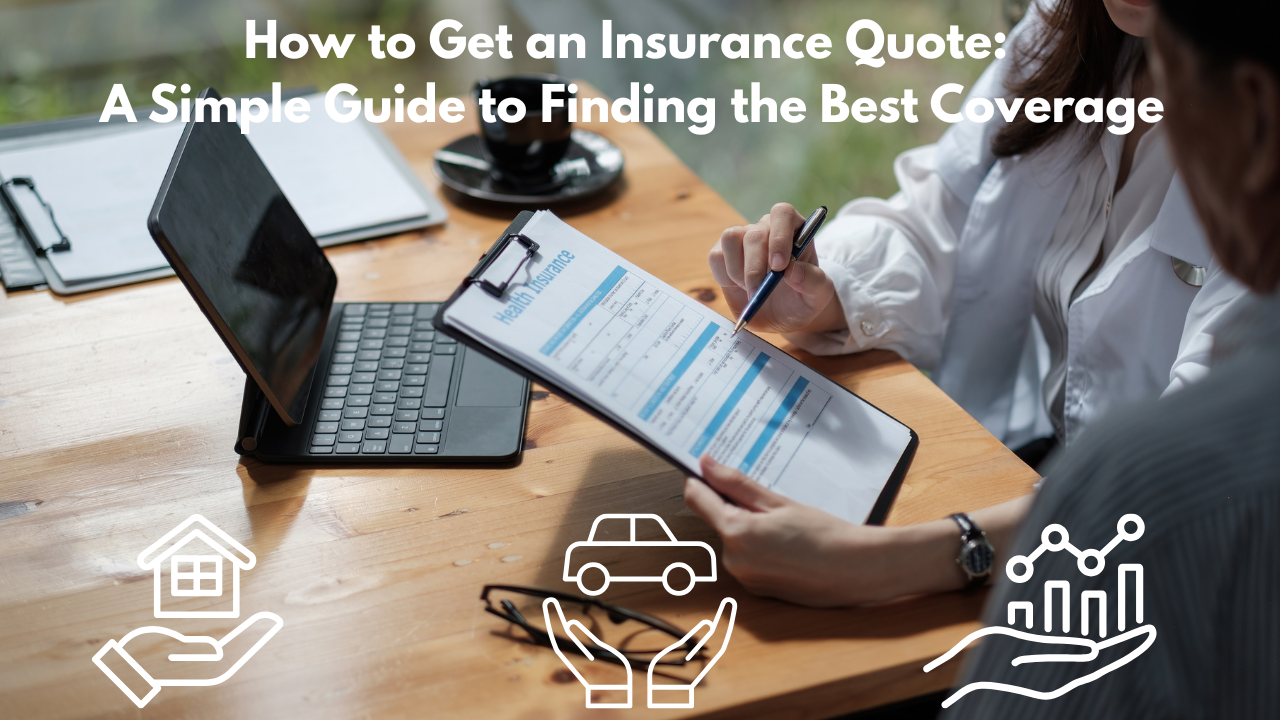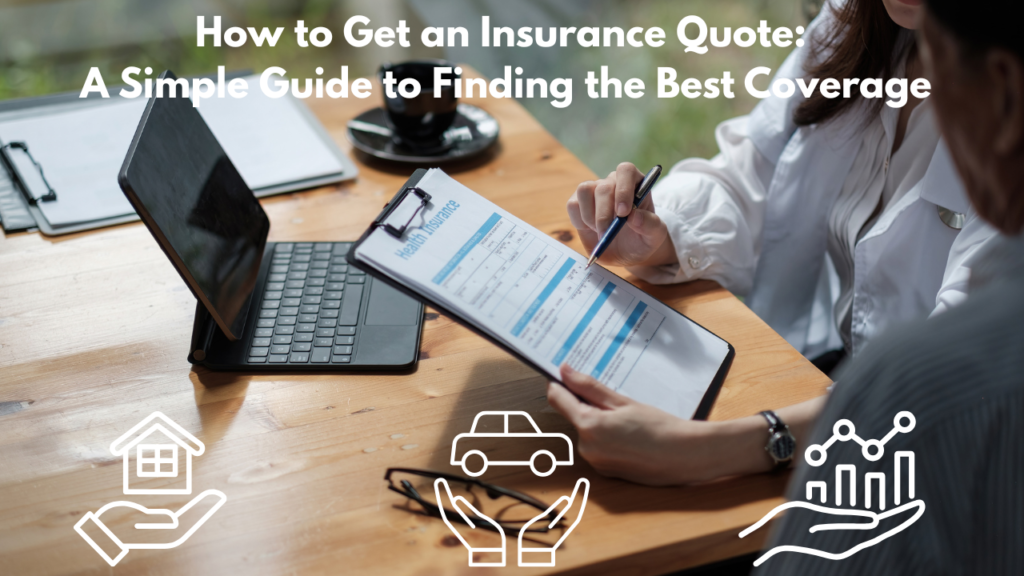What to Expect When Filing a Home Insurance Claim

Your home isn’t just where you live — it’s where life happens. It’s filled with memories, milestones, and the people and pets that matter most.
So when disaster strikes — whether it’s a burst pipe, a break-in, or severe weather — it’s not just physical damage. It’s emotional. It’s disruptive. And it can feel overwhelming.
That’s why having the right insurance — and the right team — makes all the difference. At Vargas & Vargas Insurance, we’ve been helping Massachusetts homeowners file and navigate claims for over 45 years. If you’re facing damage to your home or just want to be prepared, here’s a step-by-step breakdown of what to expect during the homeowners insurance claims process.
Step 1: Stop Any Further Damage
If you’re in the middle of an active emergency, your first priority is safety — and then damage control.
- Make sure everyone in the home is safe.
- Stop any ongoing damage if it’s safe to do so (e.g., turn off the water, board up a window).
- Take photos and save receipts for any temporary repairs or cleanup.
💡 Pro tip: If your insurer believes the damage could have been prevented, they may reduce or deny parts of the claim. Do what you can to minimize additional loss.
Step 2: Gather Detailed Information
Start documenting everything as soon as it’s safe.
- What happened and when
- What was damaged
- Who was involved (if applicable)
- Photos of all damage — ideally from multiple angles
📸 If your home was burglarized, be sure to file a police report.
Step 3: Decide Whether to File a Claim
You might assume you should file a claim automatically, but that’s not always the best move. Consider the following:
- Is the damage even covered by your policy?
- Is the cost of repairs below (or just above) your deductible?
- Will filing a small claim increase your future premiums?
If you’re unsure, give us a call. Vargas & Vargas Insurance can help you run the numbers and make a smart, pressure-free decision.
Step 4: Understand What’s Covered — and What’s Not
Most standard home insurance policies cover:
- Fire and smoke damage
- Storm-related damage (if sudden)
- Theft and vandalism
- Water damage from burst pipes
- Overflow damage from toilets or sinks
But there are some important limitations and exclusions. Coverage typically does not include:
- Flood damage (requires separate flood insurance)
- Gradual wear and tear
- Damage from pests or neglect
- Earthquakes (unless added)
- Sewer or water backup (unless added)
If you have extra coverages like equipment breakdown, service line protection, or sewer backup, those are usually added by endorsement.
Step 5: Know Your Deductible
Your deductible is what you pay out of pocket before your insurance kicks in. Common deductibles are $500, $1,000, or $2,500.
Example: If your deductible is $1,000 and the repairs will cost $1,200, you’ll only receive $200 from the insurance company — and that small payout might not be worth the potential for a rate increase.
When in doubt, ask us. We’ll help you evaluate your situation.
Step 6: Call Your Insurance Agent
Once you decide to move forward with a claim, your first call should be to your insurance agent — not the insurance company directly.
At Vargas & Vargas, we’ll:
- Collect your documentation
- Answer your questions
- Submit the claim on your behalf
- Guide you step-by-step through the process
Step 7: Work With the Adjuster
After the claim is submitted, your insurance company will assign an adjuster. Their job is to:
- Verify your report
- Evaluate the damage
- Determine what’s covered under your policy
It’s a good idea to be present when the adjuster visits, if possible, to walk them through everything and answer questions.
Step 8: Get Repair Estimates
Before starting repairs, get written estimates from licensed and insured contractors.
Why does this matter?
- Your insurance company may not accept repairs done by unlicensed contractors.
- You’ll need accurate estimates to negotiate your claim payout if the adjuster’s offer feels low.
- It protects you legally and ensures the work meets code.
Step 8.5: Notify Your Mortgage Company (If You Have One)
If you have a mortgage, it’s essential to let your lender know you’ve filed a claim. Most insurance claim checks are issued to you and your mortgage company jointly, meaning both parties must sign off before the funds can be released.
Each lender has their own process, so the sooner you start communicating with them, the better. Some may require inspections, documentation, or staged payment releases during the repair process.
Skipping this step could lead to delays in getting funds released — and delays in starting your repairs.
Step 9: Wait for Your Claim Settlement
Once your claim is approved and a payout amount is agreed upon, the insurance company will start issuing your payment — but you likely won’t get the full amount upfront.
Here’s how it usually works:
- Actual Cash Value (ACV) – This is the depreciated value of your damaged property. You’ll get this check first.
- Replacement Cost – After you repair or replace the items and provide proof (invoices, photos), you’ll receive the rest of the funds to cover the replacement cost.
Why the split? Carriers want to ensure the repairs are actually completed before releasing the full amount.
Stay Calm — and Stay in Touch
Filing a home insurance claim is stressful, but knowing what to expect can make a huge difference. And remember: you don’t have to figure it out on your own.
At Vargas & Vargas Insurance, we’re with you every step of the way.
From deciding whether to file to making sure you get what you’re owed, we advocate for you — not the insurance company.
And one last tip: make sure your coverage still fits your life. Home value changes, renovations, and new belongings can affect what you need. That’s why we recommend reviewing your policy with us at least once a year.
Questions About a Home Insurance Claim?
Whether you’re in the middle of a claim or just want to make sure you’re prepared, we’re here for you.
📞 Call Vargas & Vargas Insurance at 617-298-0655
💬 Or send us a message online →
No pressure. No confusing jargon. Just honest advice from a local team that’s been protecting homes like yours for over 45 years.







